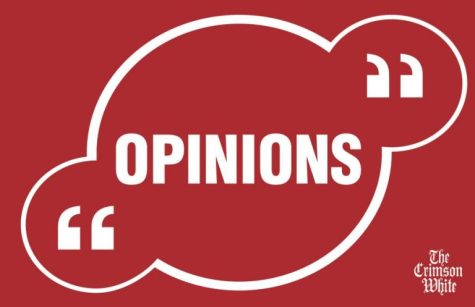Effective leaders more valuable than moral ones

February 4, 2019
After Donald Trump was elected President of the United States, people around the world began to question the decision making of U.S. citizens. As Trump’s term as president is approaching its end and his tweets are becoming more questionable, the question ultimately remains: Should presidents and other political leaders be elected for their morals or their political ideas?
Without taking a personal view on Trump, in the words of the 19th-century writer, historian and politician Lord John Dalberg-Acton, “Great men are almost always bad men.” In the past, presidents with a strong moral reputation failed to do their job well. For example, according to a New York Times article, “[Calvin Coolidge] was a New England Calvinist known for his morality, honesty and frugality, but he was also conspicuously shy, a wooden speaker and failed to win passage of much of his legislative agenda.” Additionally, John F. Kennedy is deemed a successful leader though his alleged marital infidelity was not deemed acceptable by the American people.
Obviously, there is a long history in the U.S. of political leaders who maintain good morals but struggle to do their jobs well and political leaders who have publicly-condemned morals but make great leaders of our nation.
In an opinion column on Creators Syndicate, the author argues that Trump has done a lot of good for the nation, as he “has shepherded through Congress the largest personal and corporate tax cuts since the Reagan administration.” His administration has created a 35 percent reduction in regulations, and he has encouraged businesses to develop in impoverished regions, creating more jobs. Additionally, his administration has seen the black unemployment rate hovering around an all-time low at 6.8 percent.
These are just a few of his accomplishments, and even though some are condemned by Democrats, U.S. citizens cannot argue that he has not done a decent job of getting things done, which is a serious issue in American politics today. Thus, even though people may disagree with some of his ideas, he has been a good president in terms of making a change.
According to a Washington Post article, Trump is considered one of the worst presidents due to his lack of moral leadership, probably due to how highly scrutinized his personal life is in comparison to those of past leaders. According to NPR, news coverage of Trump has been more negative than it’s been for other presidents and more based on his personality than on his policy. Does this change American people’s perception of him?
We all want to have a president who is both a moral and effective leader; however, if that is not an option, effectiveness should take precedence. This is not to say that I support Trump whatsoever, but I do think his presidency brought up a good debate for our nation – one of being a good person versus doing a good job.
While Trump did not win the popular vote, according to the Pew Research Center, 63 million Americans voted for him, indicating that a very large number of people value effectiveness over morality. In a country where each election is becoming more polarizing and the candidates are increasingly less likely to be moral in the eyes of a majority of voters, getting the job done should be more important to voters than morality. Effective leadership in the future may be more likely to bring parties together to accomplish goals, weakening the horribly polarized situation of the nation’s political state.









